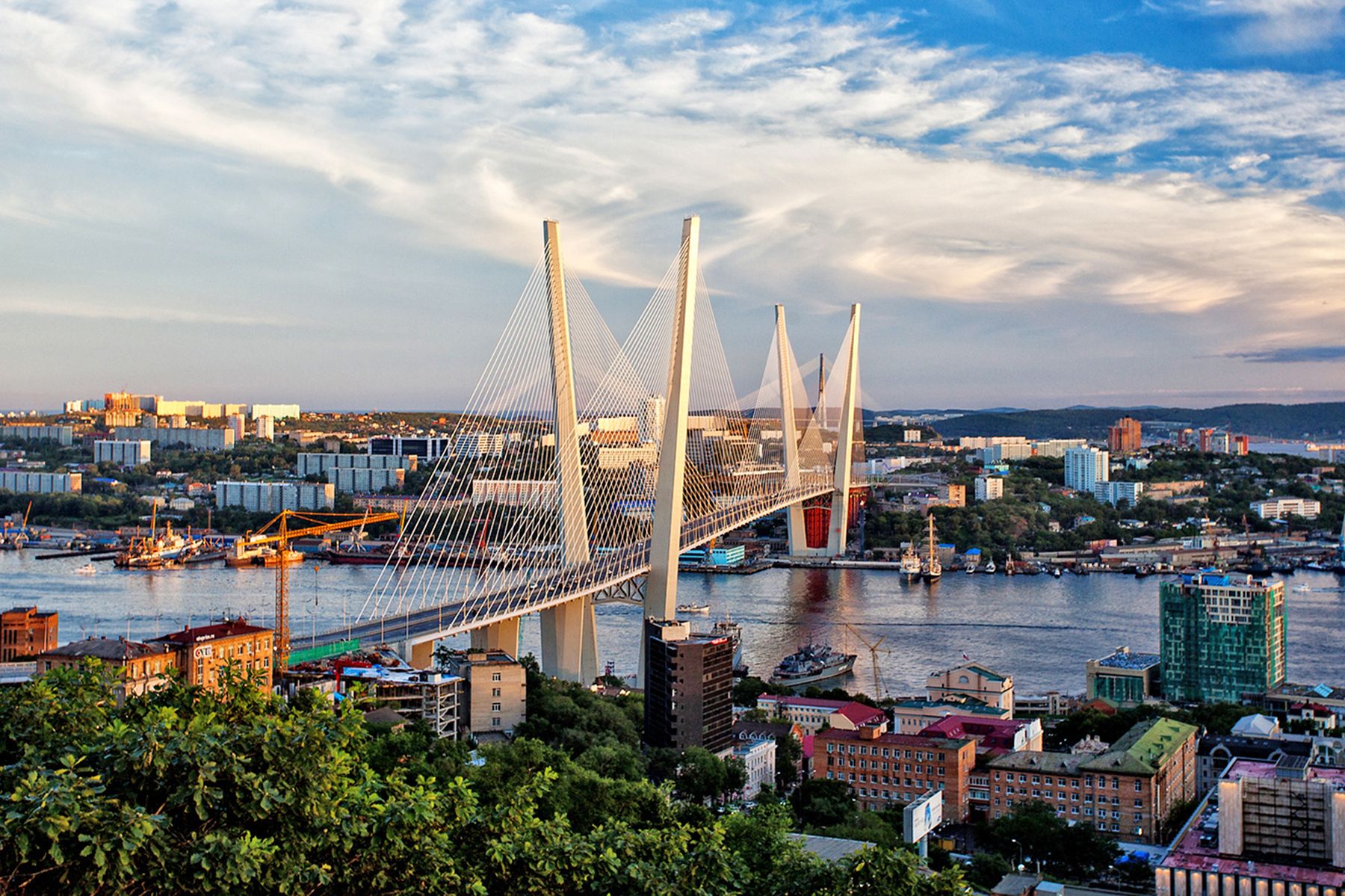The Pacific Gate of Russia at VSUES for US students: a special course on the development of the Far East and its capital

VSUES implements English-language educational programs for students of various fields of study. The programs are open to all foreign students, as well as Russian students who want to test their English skills in practice. Despite the difficult epidemiological situation in the world, there are many foreign students who would like to get acquainted with the Russian Far East and its capital, Vladivostok, and explore the problems of the region's socio-economic development, its history and cultural heritage. The course was conducted with VSUES partner - School of Russian and Asian Studies (SRAS).
As part of the course, two online meetings took place: Vladivostok: the city of three eras (the development of the Far East and its capital during the times of the Russian Empire, the Soviet Union and modern Russia)
Second meeting: Vladivostok: between the fortress and the free port (defense and economic significance of Vladivostok - history and modernity)
The course is taught by Nikolai Vorontsov, Senior Lecturer of the Department of International Relations and Law, about the online course for students from the United States:
- The Pacific gate of Russia course was developed at the suggestion of the International Academic Mobility Department of the Department of International and Cultural Affairs of VSUES. It was created primarily for US students interested in studying various aspects of the development of the Russian Far East. By agreement with the American side, the course was conducted in the format of online classes, and the lectures were accompanied by video tours with live broadcast from different parts of the city. In order to fit the maximum amount of information and visual material into the limited format of each meeting, we have previously developed several excursion routes. Each of them was designed in such a way as to show the capital of the Far East from different sides and, if possible, draw the attention of foreigners to the objects of Vladivostok's historical heritage, as well as attractions popular with tourists and local residents. Several students of our university, studying English, helped me in the implementation of the online broadcast: a 3rd year student of the "International Relations" direction Tashkinov Aleksey, a 1st year student of the "Linguistics" direction Karina Gafaurova, a 2nd year student "International Relations" Anastasia Voron-Kovalskaya.
Karina Gafurova, 1st year student of the "Linguistics" direction, assistant of the course The Pacific gate of Russia:
- I was an assistant on this project. My task was to show the surroundings of Vladivostok live. The first route ran along Admiral Fokin and Aleutskaya streets, close to the city center, and also included the historic quarters of Millionka and the Sportivnaya Gavan embankment. The second route covered the area between Svetlanskaya Street and Korabelnaya Embankment. The main emphasis was placed on the terrain in the area of the Nikolaev Triumphal Gates (Arch of the Tsarevich) and the monument to the Military Glory of the Pacific Fleet. The second meeting was also accompanied by a video tour from the Tsarevich Embankment, through the armory courtyard of the Pacific Fleet Museum, the Lutheran church, the architectural complex of the former Oriental Institute, Pushkinskaya Street and the Vladivostok funicular. Another point from which the broadcast was conducted was located on Krestovaya Sopka, from where the Vladivostok commercial sea port is visible. In general, I think that everyone coped with their tasks, including me. I can say that this is a great experience - I come from the Irkutsk region, Angarsk, so it was interesting to learn new places and the history of Vladivostok, as well as to listen to a speech in English. At the end of the course, the American side discussed the topic of environmental preservation - it was informative.
- Each meeting was attended by about 30 students. Among them were those who had previously visited the Far East. I was glad to answer numerous questions about the history, economy, culture, nature and tourist attractiveness of Vladivostok and the entire Far Eastern region. Our colleagues from the United States expressed their gratitude and interest in the further development of such events, added Nikolai Vorontsov.





